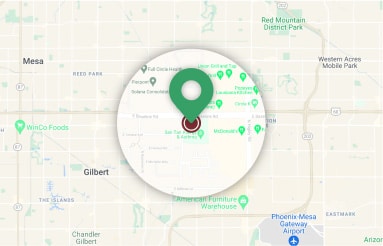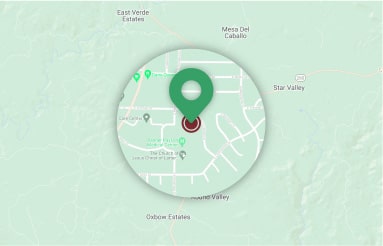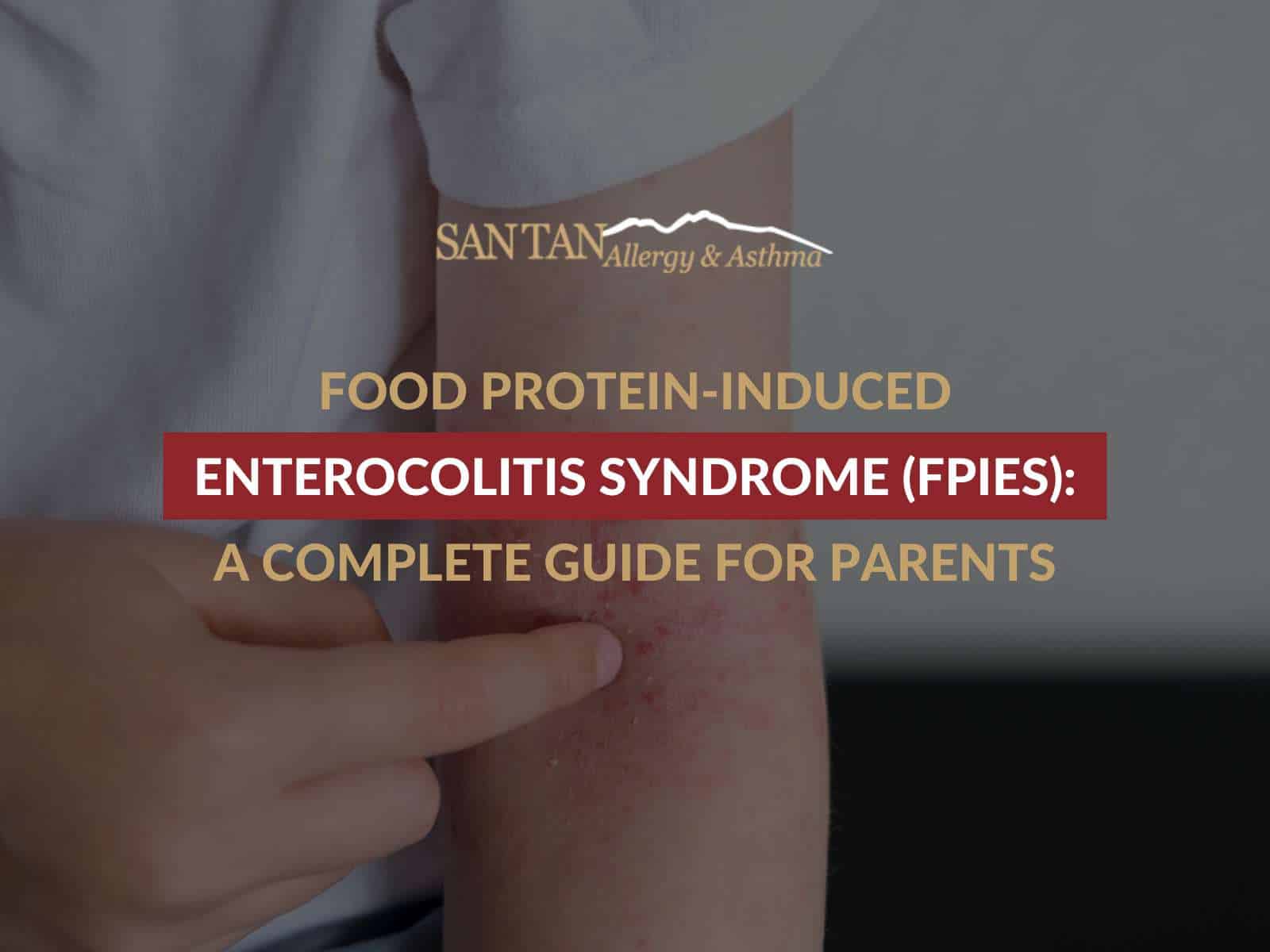Phoenix Immune Deficiency Treatment
Sometimes it is difficult to tell the difference between having allergies and being sick. The immune system is designed to recognize and differentiate between viral or bacterial invaders of the body and exposures to harmless substances in the environment like Bermuda grass pollen or cat dander. But for some people, the immune system tries to fight these harmless substances through the production of other kinds of antibodies which is how allergies are developed. The body can be so involved in producing these allergy antibodies that it puts less emphasis and resources into protecting against bacterial and viral invaders, leaving individuals more prone to illness. Having undertreated allergies can also lead to conditions that are perfect breeding grounds for a sinus infection, ear infection and upper respiratory infection.
But what if it is more than just allergies? Immunodeficiency refers to conditions in which children or adults are often ill with sinus infections, ear infections, pneumonias, skin infections like abscesses, infections of the central nervous system such as meningitis, or unusual or rare infections. These illnesses may return more frequently than usual or be more difficult to treat.
There are several different types of immunodeficiencies, including:
Some of these immune deficiencies may present in childhood (sometimes very early in life) and some may not develop until adulthood. Primary immune deficiencies may have a genetic component and affect more than one person in a family. These are different in origin than secondary immune deficiencies such as HIV, immune-complex diseases, and cancers such as leukemias or multiple myelomas. Not only can affected individuals suffer from more frequent or severe illnesses, but they may also have issues with chronic gastrointestinal symptoms such as abdominal pain, poor digestion, diarrhea, bloating, nausea, and weight loss. Recurrent lung infections can make pre-existing asthma more difficult to manage or may lead to chronic lung disease. Diagnosis of an immune deficiency involves an in-depth examination of the immune system via laboratory studies which look at the number of white blood cells, the types of white blood cells, and the types and levels of protective antibodies. Depending on the result of these laboratory tests, booster vaccinations might be administered and the body’s response to the these evaluated. Once diagnosed, there are a number of approaches to reducing the frequency and severity of infections and helping these patients lead to happier and healthier lives, including quicker and more aggressive treatment of illness, replacement of the missing immune components (immunoglobulin therapy), prophylactic treatment with antibiotics or antivirals, and scheduled preventative health screenings.
Visit us at any of
our locations
Gilbert Location

4915 E. Baseline Road, Suite 112
Gilbert, AZ 85234-2966
Monday-Thursday: 8:00 am – 5:00 pm
Friday: 8:00 am – 3:00 pm
Payson Location

Allergy Injection Hours
Monday
8:00am – 4:20pm
Tuesday
8:00am – 4:20pm
Wednesday
8:00am – 4:20pm
Thursday
8:00am – 4:20pm
Friday
8:00am – 2:20pm
Closed: Saturday & Sunday
Medical Records Department
Billing Information
Our physicians are board-certified immunologists and they strive to find the proper treatment for patients who often experience chronic infections. During a visit with one of our physicians they will discuss the specific testing recommended in order to determine a diagnosis.
In some cases of immune deficiency, our physicians may recommend immunoglobulin replacement therapy to help boost the immune system and prevent the recurrence of infections. If you would like to discuss the diagnosis or treatment of an immune deficiency, please call our office today to schedule an appointment with one of our immunologists.
The Jeffrey Modell Foundation
The Immune Deficiency Foundation
IN THE NEWS
Recent Blogs By San Tan Allergy & Asthma
Food Protein-Induced Enterocolitis Syndrome (FPIES): A Complete Guide For Parents
Is your child showing signs of Food Protein-Induced Enterocolitis Syndrome (FPIES)? Discover how to diagnose, manage, and treat FPIES with expert care
Is It Possible To Prevent Peanut Allergies In Children?
Can peanut allergies be prevented? Discover new research on early peanut introduction & learn how to reduce your child’s risk of developing peanut allergies
Soak & Smear: A Pediatrician-Recommended Eczema Treatment For Kids
Looking for an effective eczema treatment for your child? The soak & smear method soothes flare-ups and restores the skin barrier—pediatrician approved.
How Environmental Skin Testing Helps Diagnose & Manage Allergies
Struggling with allergies? Skin Testing can identify triggers & help you manage symptoms effectively. Learn how this test can improve your allergy treatment
Contact Us | Get Scheduled
Schedule an Appointment
Welcome to San Tan Allergy & Asthma and thank you for choosing our practice! Please provide your contact information here to schedule a New patient appointment at one of our locations and one of our front office staff members will call you within the next business day to assist you. We look forward to treating you and hope we can help you!







